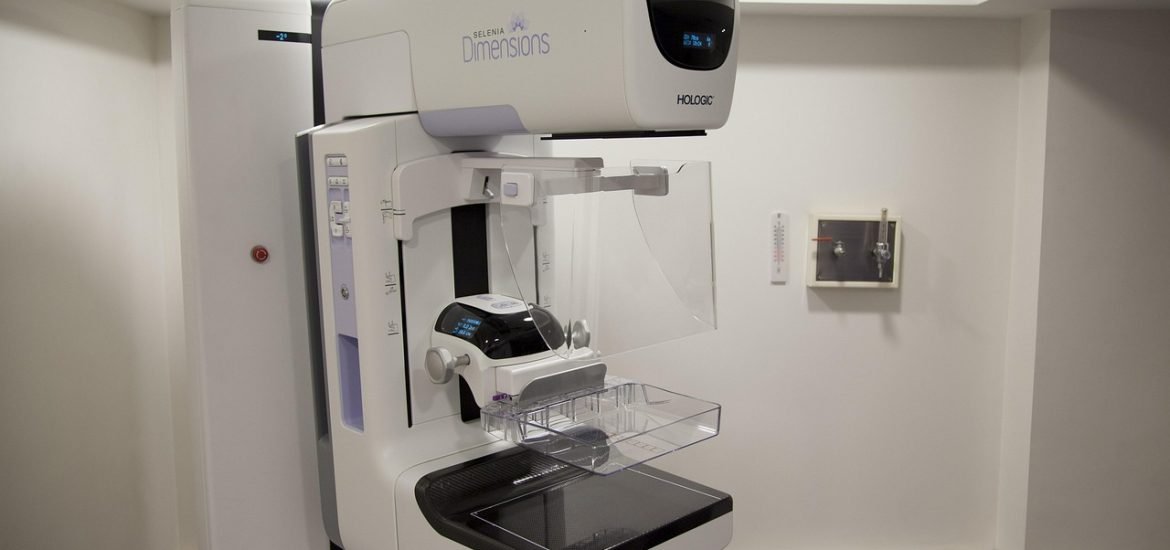
Women who don’t attend their first mammogram are more likely to be diagnosed with advanced breast cancer, according to a study published in the journal BMJ.
Since the 90s, all women in Sweden have been offered regular mammograms, which has contributed to a decrease in mortality due to breast cancer. Despite this, many women still choose not to attend their first examination. Now, a team from Karolinska Institutet wanted to investigate why and what the long-term consequences of this are.
The team used data from the Swedish mammography screening program and national health registries covering almost 433,000 women in Stockholm between 1991 and 2020, with follow-up for up to 25 years. The results show that 32% of women invited to their first screening decide not to attend. These women were also less likely to participate in future examinations, which often led to a later diagnosis and poorer prognosis.
“Skipping the first mammogram is a strong indicator of who is at risk of late detection and higher mortality. Our results show that missing the first mammogram is not just a one-time choice, but often marks the beginning of a long-term pattern of not attending check-ups,” said first author Ziyan Ma, a doctoral student at the Department of Medical Epidemiology and Biostatistics, Karolinska Institutet.
Women who skipped their first screening were more likely to be diagnosed later with a more advanced stage of breast cancer. The risk of developing cancer was approximately 1.5x higher for stage III and as much as 3.6x for stage IV compared to women who attended their first mammogram.
Over a 25-year follow-up period, the risk of developing cancer was the same in both groups, but about 1% of those who didn’t participate in their first mammogram died of breast cancer, compared with 0.7% among the participants – a difference that corresponds to a 40% higher risk of dying from the disease. According to the authors, the increased mortality is due to delayed detection rather than more cases of the disease.
“Family history is a well-known, unchangeable risk factor for breast cancer. Our study shows that missing the first screening examination carries a similar mortality risk – but unlike family history, this behavior can change. Since over 30% of women skip their first screening, increased participation could save many lives. Since this group can be identified early, decades before deaths occur, healthcare providers have a chance to intervene with reminders or support to encourage participation,” said the study’s last author, Kamila Czene, professor at the Department of Medical Epidemiology and Biostatistics, Karolinska Institutet.
Ziyan Ma, Wei He, Yuqi Zhang, Xinhe Mao, José Tapia, Per Hall, Keith Humphreys, Kamila Czene (2025) First mammography screening participation and breast cancer incidence and mortality in the subsequent 25 years: population-based cohort study,”, BMJ, online September, doi: 10.1136/bmj-2025-085029